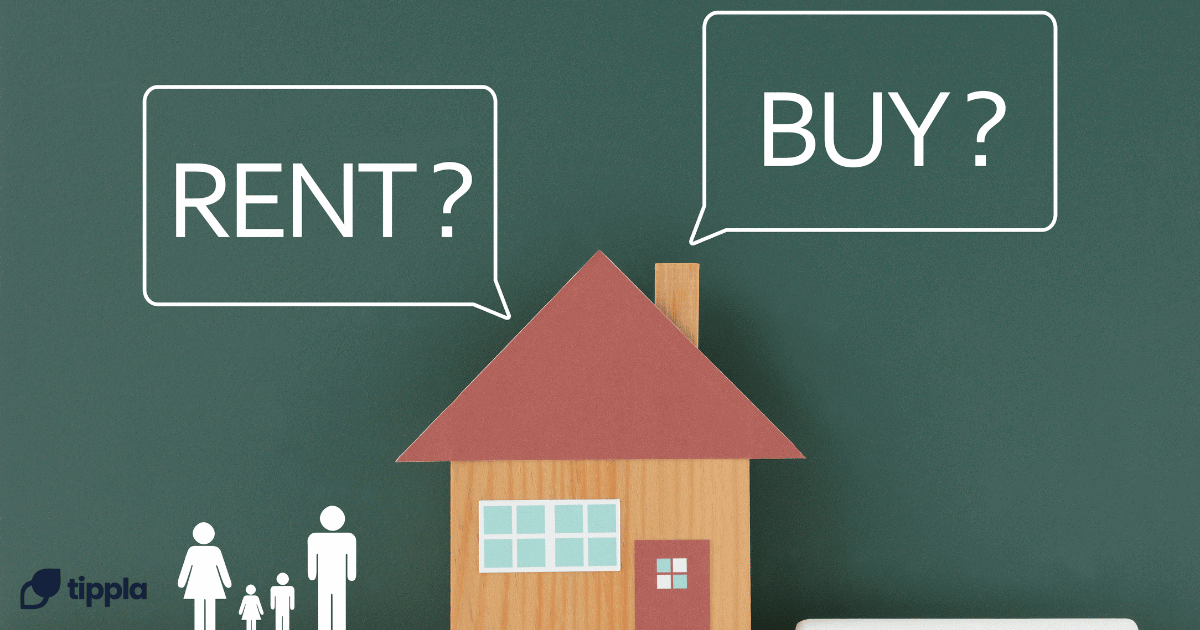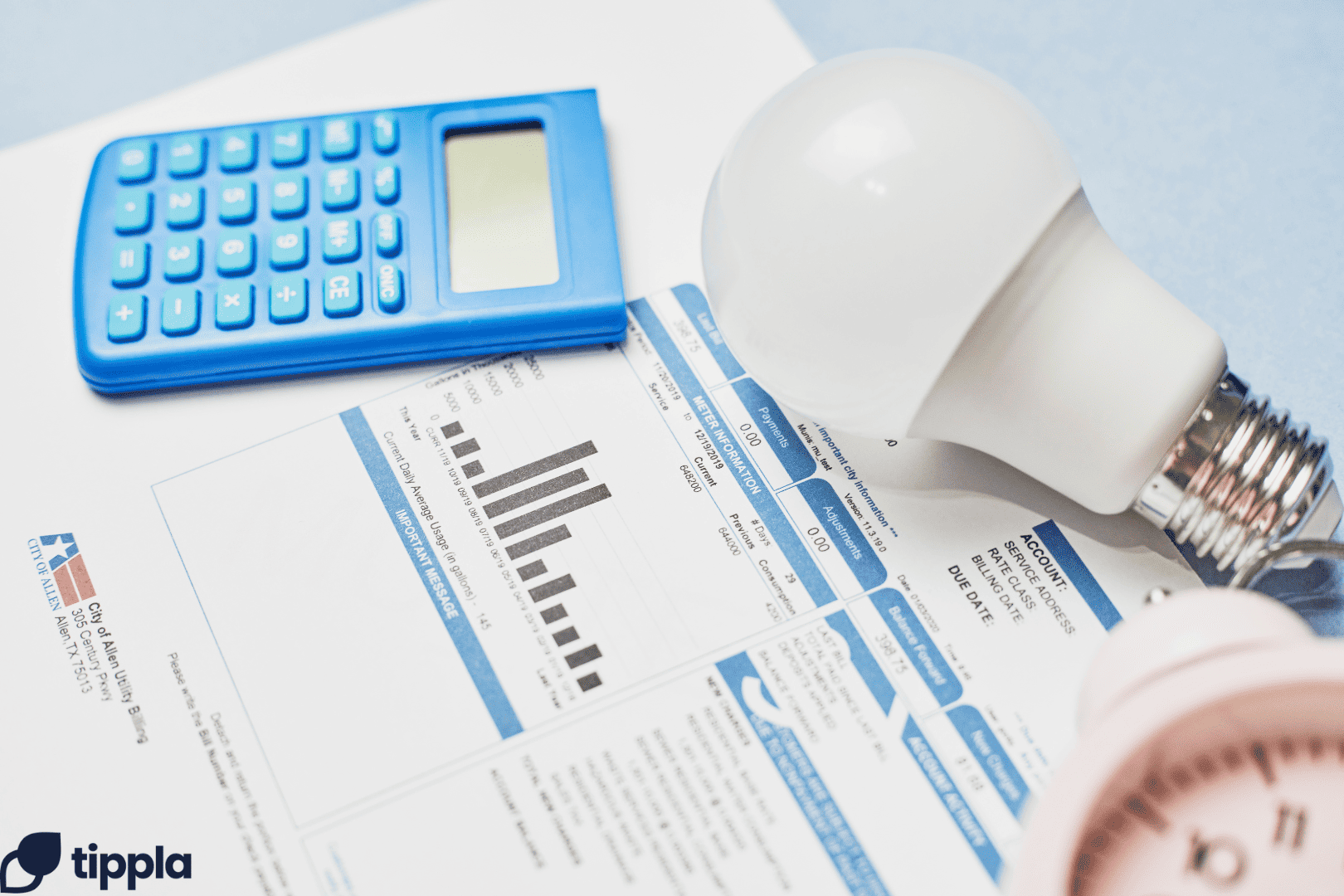Published in December 9, 2024
Secured Loans: What You Should Know

Looking for secured loans?
When shopping for a loan, an option you’d have to consider is whether you’ll take out a secured or unsecured loan. So, what’s the difference between each and what should you consider?
What is a secured loan?
Secured personal loans are loans that are ‘secured’ against an asset that you provide your lender. This asset could be a car or house and is referred to as the collateral for the loan. Offering an asset makes providing a loan less risky to lenders. The asset that you provide is seizable if you don’t make your repayments. This extra financial security usually results in lower interest rates than unsecured loans.
What is considered a collateral asset?
Depending on multiple factors such as your loan size and lender policy, some collateral assets could include:
– Cash deposit: Much like home and personal loans, you could secure loans with an up-front cash deposit. This could also be a term deposit.
– Property: Property ownership could be used to secure a loan. This could include your land or house, depending on the circumstances.
– Vehicles and equipment: The most common type of collateral is usually vehicles and equipment.
– High-value assets: Items such as jewellery or art could be used as collateral, depending on their worth and your lender policy.
Why pick a secured loan?
You may think secured loans are risky because of the seizable asset that comes with them. However, borrowers may choose to take out a secured loan because their credit score may not be good enough for an unsecured loan. As mentioned before, due to secured loans being less risky to lenders, the interest charged tends to be lower, and your credit score isn’t required to be too high.
Additionally, borrowers may get approved for higher loan limits with secured loans. However, you must always be careful with choosing a loan, as you’d need to plan a budget on how much you could afford. Before choosing a lender, always compare the interest rates, repayment period, and payment amount so you could find one that suits your financial situation. With car loans and mortgages, a lender sometimes won’t approve your application until they have permission to take possession of the asset if you default.
What is an unsecured loan?
Unlike secured loans, unsecured personal loans don’t require assets to be put forward as security for the lender. However, lenders tend to focus on other factors such as the borrower’s financial profile. This could include income, credit score, and spending habits. Therefore, you will most likely be required to have a good credit score to take out an unsecured loan. Unsure of how to get a high credit score? Tippla can help you!
Due to unsecured loans being riskier for lenders, the majority will have a higher interest rate compared to secured loans. However, unsecured loans do offer more flexibility and an easier application and funding process.
Why pick an unsecured loan?
There are many benefits you could get from unsecured loans, including:
- No risk to your assets: Unlike secured loans, you won’t need to put forward any collateral.
- Variety of uses: Unsecured loans are beneficial for the flexibility of its purpose. This means you could use it for a wedding or buying a new fridge.
- Quick application process: Unsecured loans tend to be quick, and you could apply online easily and get approved on the same day.
- Better control over your repayments: Lenders tend to allow you to choose your repayment amount and term.
Interest rates and fees on secured and unsecured personal loans
Although personal loans can be either fixed or variable, the majority of secured loans have a fixed rate that’s usually lower than unsecured loans. The cost of a loan depends on factors such as the borrowed amount, the repayment term, and the interest rate or fees charged. Having the loan secured or unsecured also impacts these factors that determine your overall loan cost.
Before applying for a loan
Before applying for a loan of any type, you must consider how it could factor into your budget over the life of the loan. Steps you could take to work out your budget are simple and may make taking out a loan more clearer. These steps may include calculating the total cost, understanding the additional fees or consequences of falling back on your repayments, and factoring in any hidden fees with paying your loan out early. It could be beneficial to use a repayment calculator to establish how much your repayments could be. Make sure you also add common fees such as services and establishment fees. From there, you will better understand how a loan could fit into your budget.
Before taking out a secured loan, you should also check if you’re eligible. Regardless of the financial institution, you will most likely have to meet certain requirements as a borrower. These requirements may include things such as:
– Being 18 or over
– Having a stable income, sometimes for a certain period before your application
– Being a permanent resident
– The purpose of the loan
Coming soon: Tippla offers! In the meantime, take advantage of our credit school.
While we at Tippla will always do our best to provide you with the information you need to financially thrive, it’s important to note that we’re not debt counsellors, nor do we provide financial advice. Be sure to speak to your financial services professional before making any decisions.
Related articles

The Economics of Buying vs. Renting a Home
09/12/2024
Australia’s housing market has long been a topic of...

Understanding the Impact of Utility Debts on Your Credit Score
30/01/2024
In Australia, understanding the factors that influence your credit...

Will my car insurance go up after a claim?
29/07/2021
Even though your premium will increase after filing an...

Subscribe to our newsletter
Stay up to date with Tippla's financial blog